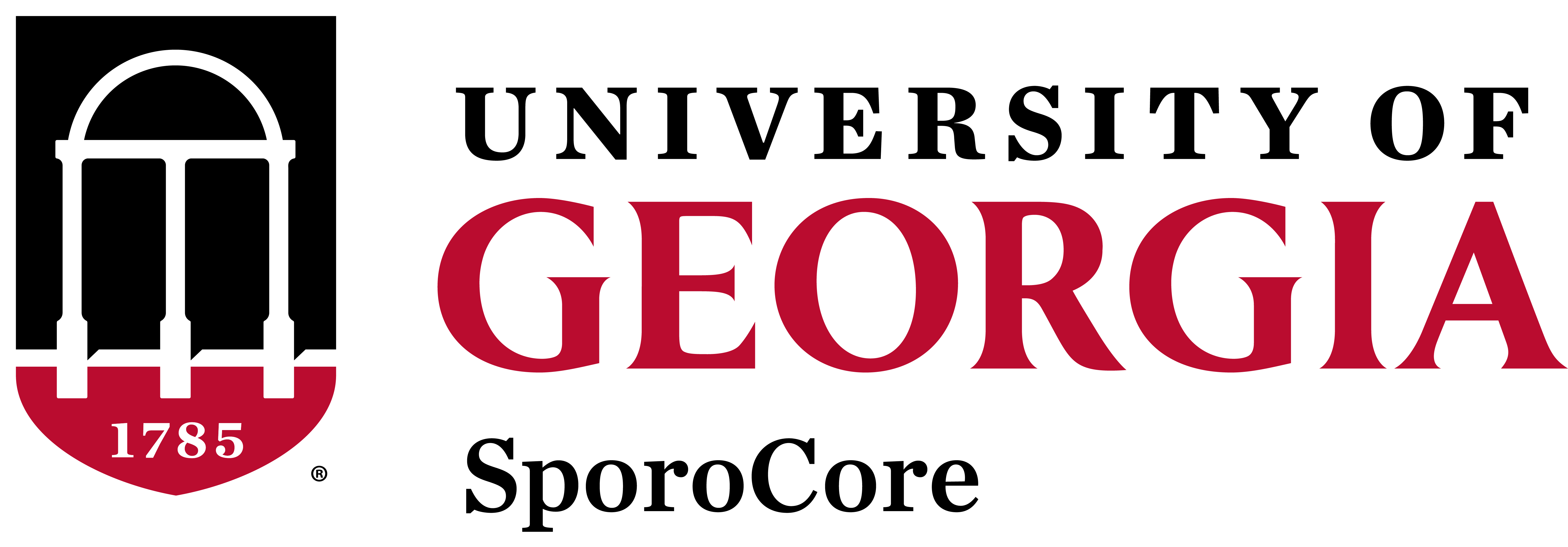Services

What do we offer?
Naive, or Plasmodium-infected mosquitoes for research purposes.
Which parasite species and strains?
Mosquitoes infected with……
P. berghei ANKA (‘WT’), P. berghei Luciferase-GFP*, P. berghei NK65 Redstar, P. berghei GFP
P. yoelii 17XNL, P. yoelii 17XNL::PyGFP
Custom strains of rodent Plasmodium (P. berghei and P. yoelii). We currently have 7 such products on our roster.
If you are interested in other Plasmodium species (e.g., P. chabaudi) or strains, please contact Ash Pathak.
We are also considering providing An. stephensi mosquitoes infected with P. falciparum. Email Ash Pathak for questions or to express interest.
* our most popular product – for genetic map, see Pathak et al. Malar J. 21, 264 (2022)
Which mosquito species?
Currently, we provide Anopheles stephensi maintained as described previously. See Pathak et al. Front Microbiol 10, 2651 (2019) and Pathak et al. Malar J 17, 457 (2018).
Fees
The rates shown here are current for the 2022-2023 fiscal year. Note that fees will vary for internal (UGA) research groups.
Fees depend on five criteria; we suggest that for more precise quotes, any potential inquiry should attempt to address as many of the criteria as possible at that time.
- Whether you need infected or naïve mosquitoes; the cost of Plasmodium-infected mosquitoes starts at $2.50 per mosquito. Naïve (un-infected) mosquitoes start at ~$1.45 for a mosquito.
- How often would you like to receive mosquitoes?
- How many mosquitoes would you need in one shipment?
- If infected mosquitoes, which parasite strain do you prefer? Strains routinely propagated at our facility will be cheaper (e.g., P. berghei Luciferase-GFP.)
What can you expect from us and our products?
Like any ‘normal’ biological system reliant on technically challenging procedures, variability is inevitable. Nonetheless, we strive to maintain consistency and reliability. We achieve this by working with the customer to ensure their needs are met but if not, we actively participate in troubleshooting efforts directly. In the event we are unable to offer useful suggestions, we turn to the solidarity that comes with scientific endeavor and ask for help from other customers to see if they are or may have had similar problems in the past. This approach has reaped dividends for us and for several of our customers and together, we have managed to overcome issues and share insights into common problems and pitfalls to avoid.
The Technical Director, Ash Pathak, brings years of experience with rodent and human-malaria systems, in addition to his expertise in developing models to study host-parasite interactions. For specific questions or general inquiries, please contact Ash Pathak.
